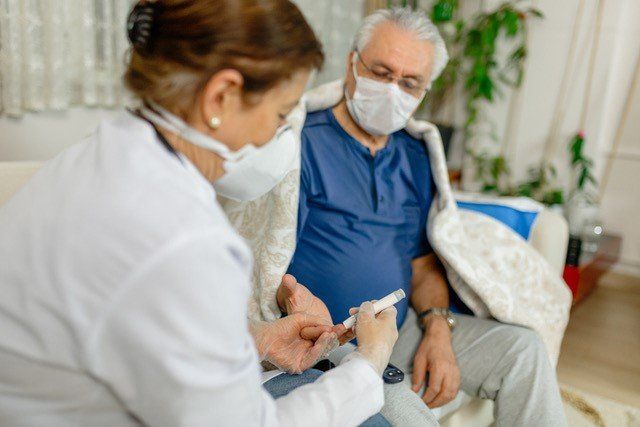New Laws for Kentucky

Alcohol shipments: House Bill 415 will now allow distillers, wineries and breweries to ship directly to consumers, into and out of Kentucky, once certain regulations are in place. So, if you have a favorite Pinot Noir from Oregon, a favorite craft beer from Boston, or a favorite whiskey from Utah (huh??) you can now order up to 10 cases per month and have them shipped directly to you! Of course, there is 15% surcharge which goes into the General Fund. You still cannot have alcohol shipped to you its sale is prohibited in your local community.
Animal abuse: Senate Bill 21 will now allow veterinarians to make a report to authorities if they find that an animal under their care has been abused. Veterinarians were previously prohibited by law from reporting abuse of animals under their care, unless they had the permission of the animal’s owner or were under a court order, which practically never occurred. Prior to the new law taking effect, Kentucky ranked LAST in the country for weakest animal protection laws, followed by Mississippi, Iowa, New Mexico and Wyoming. The strongest animal protections laws exist in Illinois, Oregon, Colorado, Maine and Rhode Island.
Eating disorders: Senate Bill 82 establishes the Kentucky Eating Disorder Council. The group will oversee the development and implementation of eating disorder awareness, education, prevention and research programs. Eating disorders are much more widespread than many people realize, typically affecting teens and young adults who are overly focused on their weight and body shape, which can lead to anorexia, bulimia and binge-eating. The serious cases can be life-threatening. Here are some red flags to indicate a loved one may have an eating disorder: skipping meals, adopting an overly restrictive vegetarian diet, persistent worry about being “fat”, leaving meals to use the bathroom, withdrawing from normal social activities, sudden use of dietary supplements, laxatives, or weight loss products. If you observe these behaviors, talk to your loved one about your concerns.
Elections: Senate Bill 2, dubbed the Voter Photo ID bill, will require voters to present photographic identification at the polls, starting with November’s general election. If a voter does not have a photo ID, they will be able to show another form of ID and affirm, under the penalty of perjury, that they are qualified to vote. The bill allows poll workers to vouch for a voter they know, even if that person has no valid ID. People who request mail-in absentee ballots must also provide a copy of a photo ID, or must complete an affirmation that they are qualified to vote. Another provision of SB 2 will provide a free state-issued ID card for individuals who are at least 18 and do not have a valid driver’s license. Critics contend that the new law amounts to voter suppression as the most likely potential voters without proper ID are low-income, elderly, disabled, racial and ethnic minorities. These new state ID cards will also be impractical to receive since the offices of many county clerks remain closed due to the COVID-19 crisis.
Human rights: House Bill 2 will require a national anti-human trafficking hotline number to be advertised in airports, truck stops, train stations and bus stations. Posters with the hotline number are currently required in rest areas. The bill also closes a loophole in the state sex offender registry by adding specific human trafficking offenses to the definition of a sex crime. Kentucky’s central location in the country and major interstate traffic makes our Commonwealth more conducive to these crimes. Missing children and runaways make up 86% of these cases, with 1 in 5 being children. If you observe the following clues, please report the potential crime by dialing 911: bruises or scars; no control over their own money, ID or possessions; may not appear to be able to speak for themselves, or appear not to be allowed to come and go alone; appears to be fearful or submissive; works for little or no pay or excessive hours; inappropriate sexual behavior for the perceived age; involved in a relationship with a much older person; and may not know in what state they are located or where they are living.


